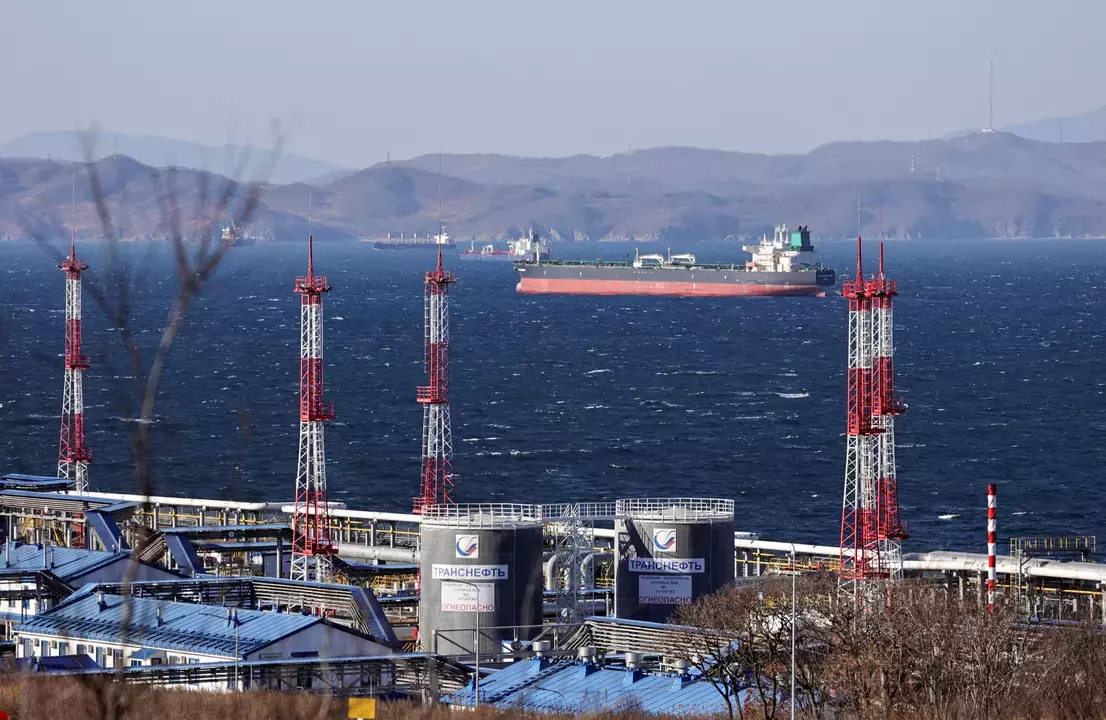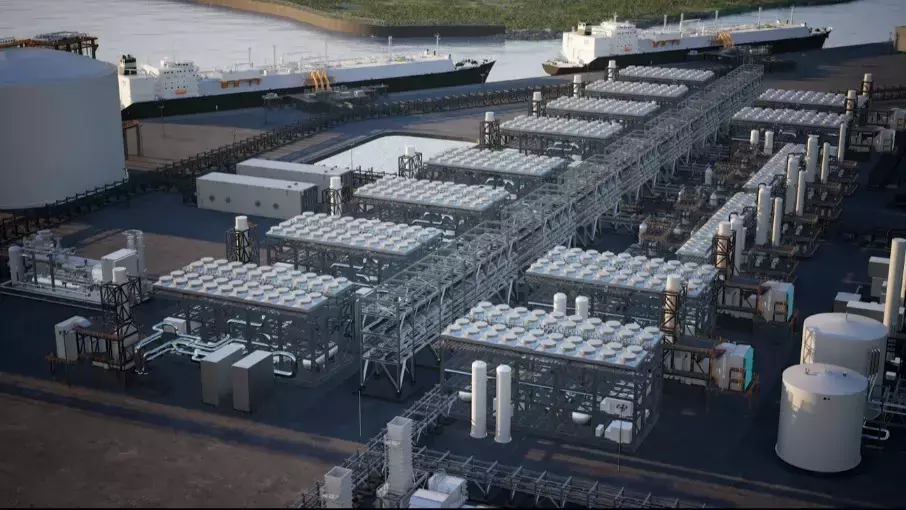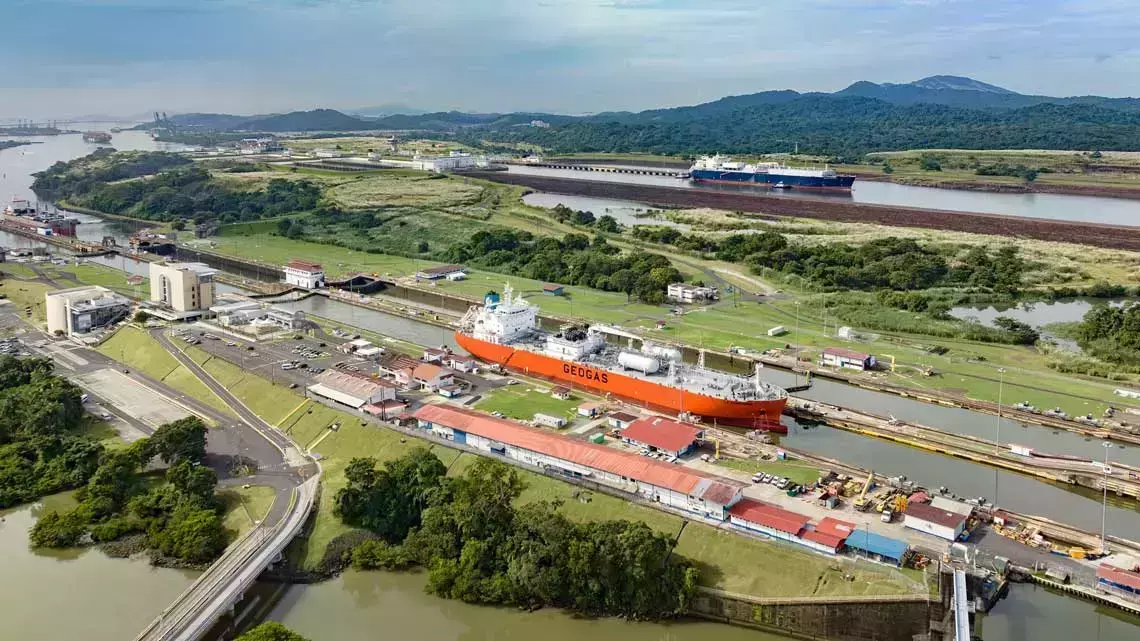-

Mastering Maritime Logistics: How nVision Global Empowers Shippers to Navigate Complexities and Optimize Operations
Navigating the Complexities of Maritime Logistics with nVision Global In the dynamic and ever-changing global logistics landscape, maritime shippers face numerous challenges. nVision Global stands out as a leader in providing comprehensive solutions tailored to navigate these complexities. This article explores nVision Global’s advanced Transportation Management System (TMS), freight audit and payment services, freight claims…
-
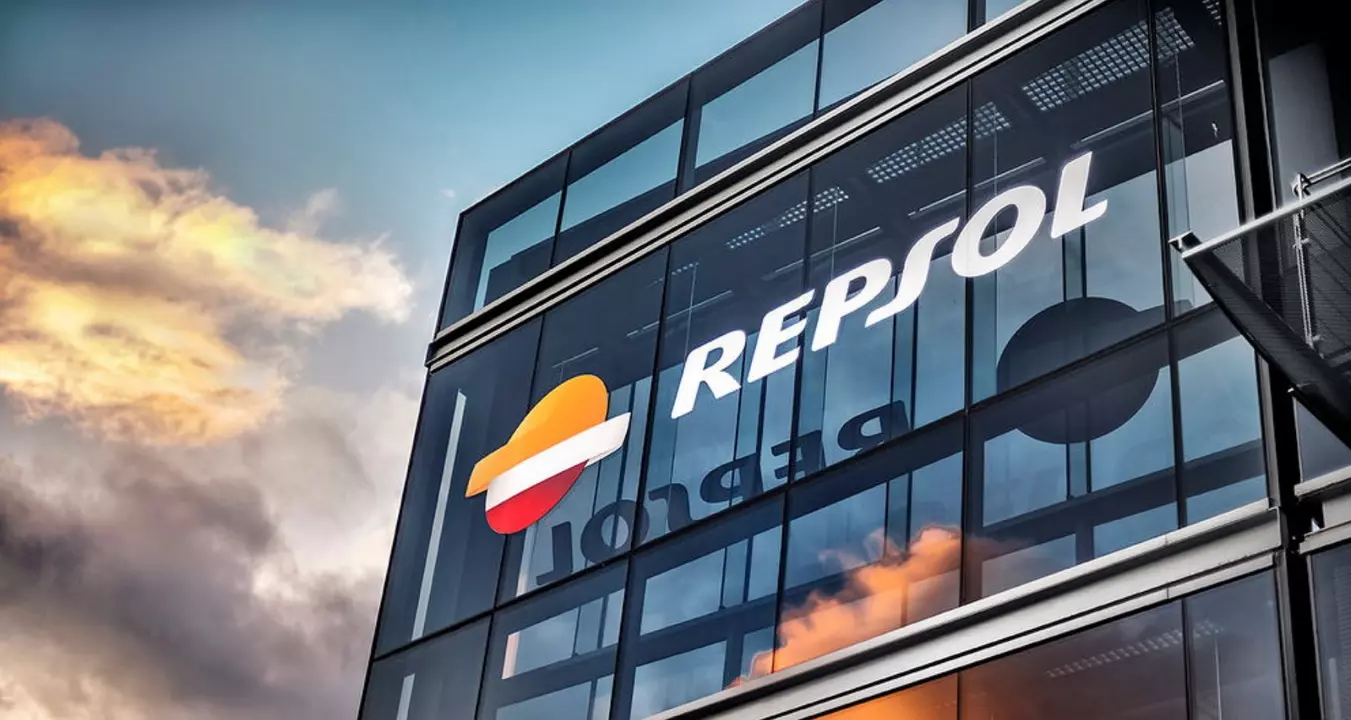
Repsol’s €800 Million Tarragona Ecoplant: Revolutionizing Sustainable Waste Management and Renewable Energy
Repsol’s Tarragona Ecoplant Investment: A Step Towards Sustainability Repsol has announced a significant investment of over €800 million in the Tarragona Ecoplant, a groundbreaking project in Europe aimed at producing renewable methanol from urban waste. This initiative marks a pivotal step towards decarbonizing transport and promoting the circular economy. The plant, utilizing advanced gasification technology,…
-

“Forging a Green Future: The SEFE-ACWA Power Hydrogen Bridge Revolutionizing Global Energy”
The SEFE-ACWA Power Partnership: A Green Hydrogen Bridge to the Future The strategic partnership between Germany’s Securing Energy for Europe (SEFE) and Saudi Arabia’s ACWA Power marks a pivotal moment in the global energy transition. This collaboration aims to establish a hydrogen bridge between Saudi Arabia and Germany, targeting the supply of 200,000 tonnes of…
-
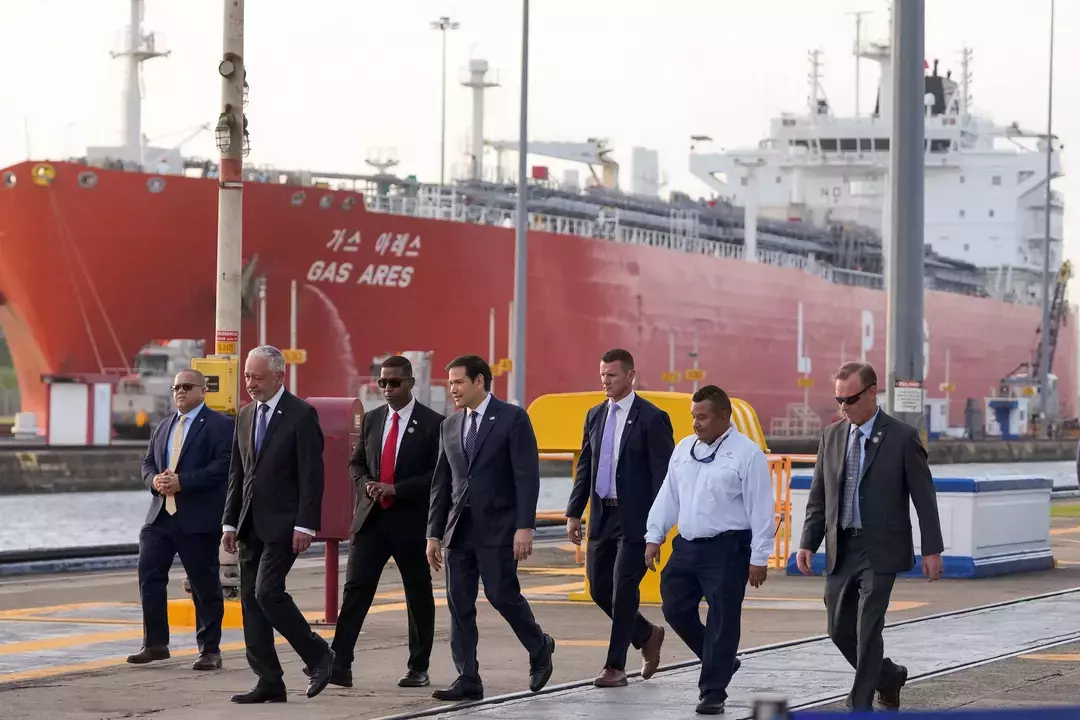
“Panama’s Bold Exit from China’s Belt and Road Initiative: A Geopolitical Shift in Latin America”
Panama’s Withdrawal from China’s Belt and Road Initiative: A Strategic Shift Panama’s decision to withdraw from China’s Belt and Road Initiative (BRI) marks a significant shift in its foreign policy, driven by U.S. pressure. This move is seen as a strategic response to U.S. concerns over China’s influence and debt trap diplomacy. The initiative, led…
-
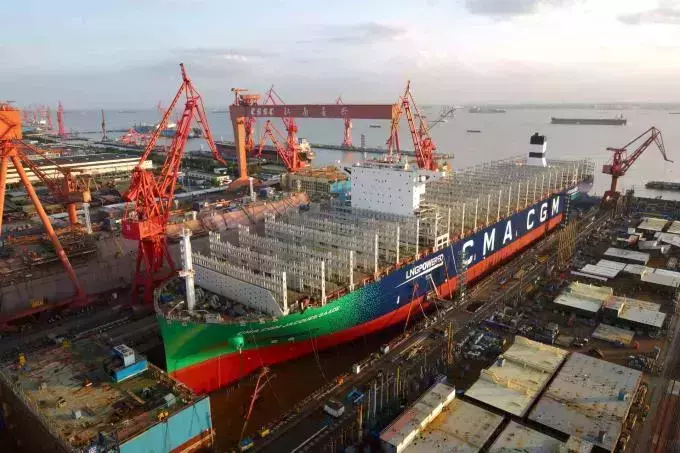
Charting the Course: The Maritime Industry’s Transition to Alternative Fuels
The Maritime Industry’s Transition to Alternative Fuels The maritime industry is undergoing a significant transformation, with a growing emphasis on alternative fuels. This shift is driven by increasing orders for vessels powered by LNG, methanol, and ammonia, reflecting a commitment to decarbonization. The infrastructure supporting these alternative fuels is also developing, with LNG bunker vessels…
-
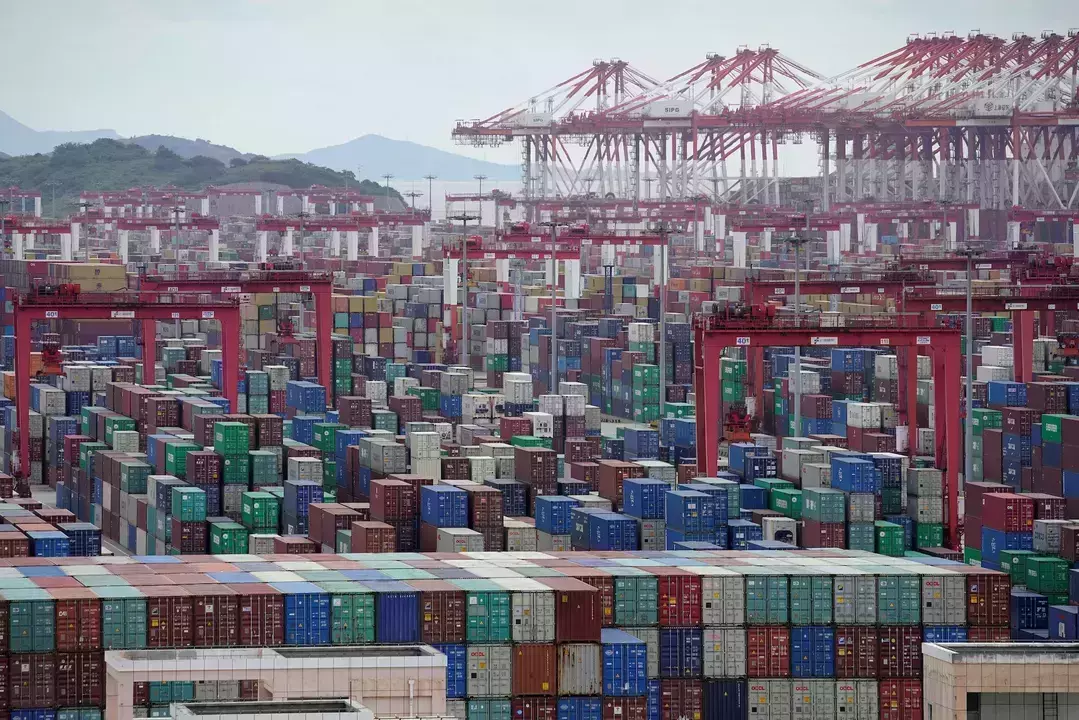
Navigating the Storm: Industry Responses and Geopolitical Shifts in the Trump-Era Trade Tensions
The Resurgence of Trade Tensions Under the Trump Administration Industry Responses This chapter delves into the varied responses from different industries to the renewed trade tensions. It explores how supply chain and manufacturing sectors are being affected, the strategies for diversification, and the economic implications. Supply Chain and Manufacturing: The implications of trade tensions have…
-

Samsung E&A and TA’ZIZ Partner to Build UAE’s First Green Methanol Plant
Samsung E&A Secures UAE’s First Methanol Plant Contract Introduction Samsung E&A has secured a significant contract to build the UAE’s first methanol plant, marking a pivotal step in the country’s transition towards sustainable energy solutions. This $1.7 billion project, awarded by TA’ZIZ, is set to produce 1.8 million tons of green methanol per annum, utilizing…
NeonHorizon
Exploring the horizons of the maritime industry.

